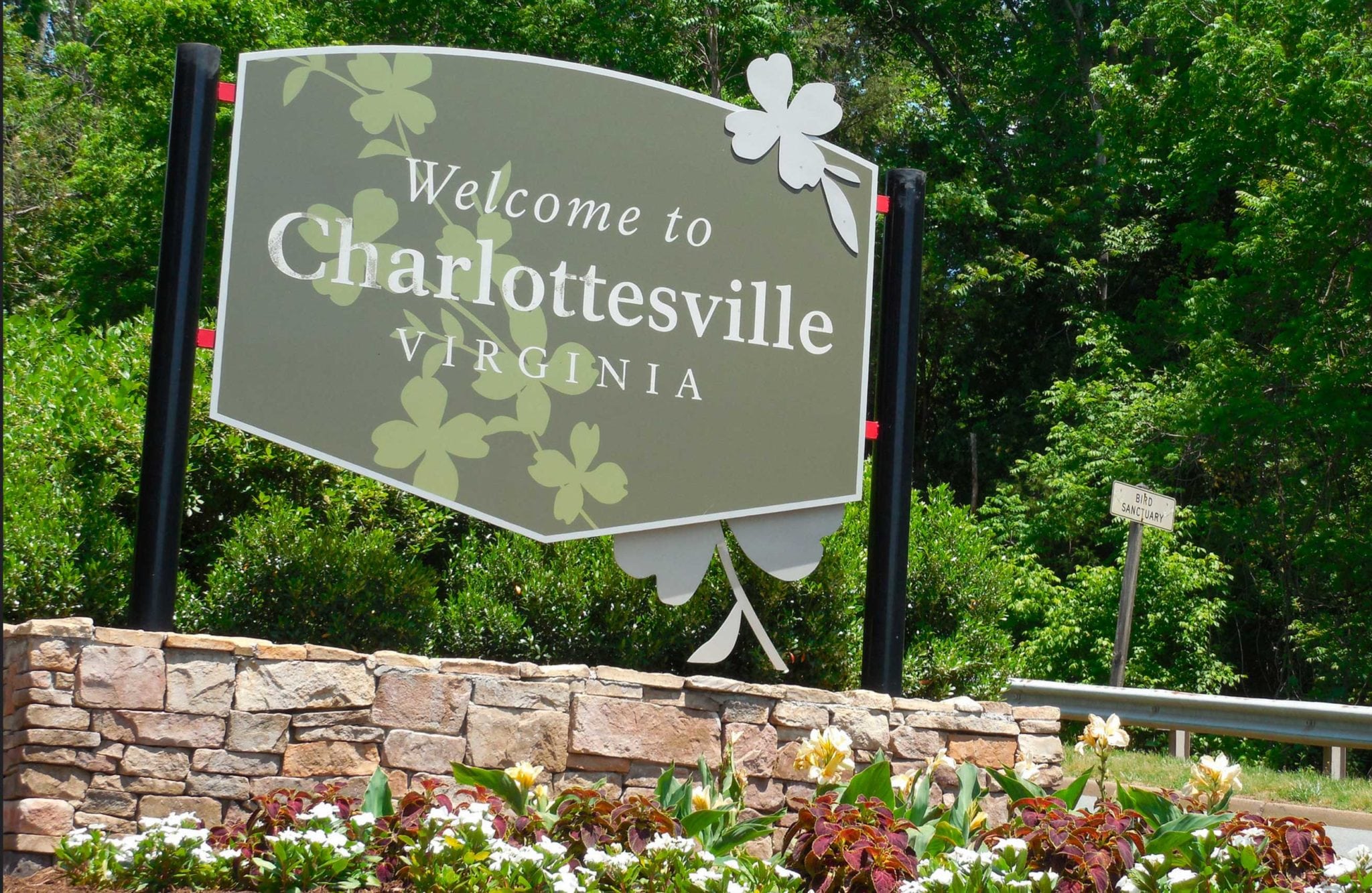It was difficult to watch, even for adults, the violence that resulted in the death of 32-year-old Heather Heyer at a white nationalist rally in Charlottesville, Va., earlier this month.
Now imagine the questions your kids have about it.
“The chance and likelihood that (your children) will see it is high, given all the different media outlets we have,” said Amy Di Mauro, LCSW, clinical director at Rushford.
Di Mauro added that there are considerations to think about before addressing the issues of violence of racism with your children. These include:
- Before you talk to your kids about racism, check yourself. Be comfortable with where you stand on the subject of racism.
- If you’re wondering whether or not you should talk to your kids about racism, ask yourself if you want them learning about that subject from you or from the media and friends that might pass on negative unhealthy views.
- Use examples and words that make sense and that are age appropriate. For example, younger children may understand concepts of love and hate vs the concept of “racism.”
- Empower your child to talk to a trusted adult (parent, teacher, coach) and empower children that witness racism to do the same. It is the adult that is responsible to effectively confront and appropriately address the situation.
Rushford provides mental health and addiction recovery services for adolescents and adults. Learn more here.

